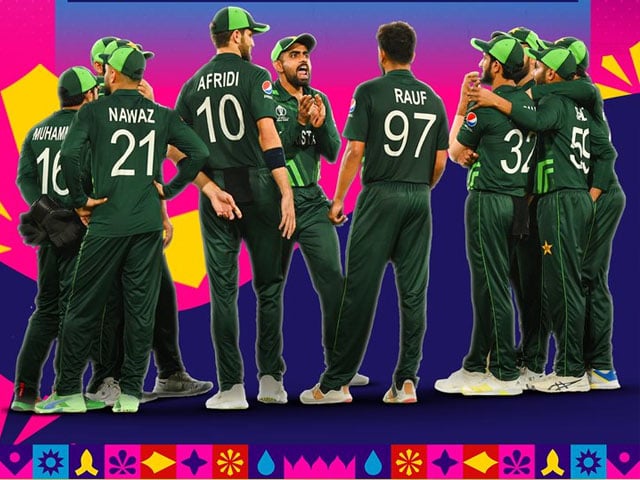Hyderabad Deccan: Pakistan cricket team created a new history in the match against Sri Lanka in the World Cup.
Sri Lanka’s target of 345 runs was achieved by Pakistan in 48.2 overs for the loss of 4 wickets thanks to the centuries of Muhammad Rizwan and Abdullah Shafiq.
In the eighth match of the ICC World Cup played at the Rajiv Gandhi Cricket Stadium in Hyderabad, Sri Lanka scored 344 runs for the loss of 9 wickets while batting first.
It was the highest score by any team against Pakistan in a World Cup match. Earlier, the highest score against Pakistan in the World Cup was 336 runs which was scored by India in 2019.
Pakistan had never successfully achieved a target of 265 runs or more in a Cricket World Cup. Pakistan’s most successful World Cup chase is 263 runs, which was made against New Zealand in 1992.
Apart from the World Cup, Pakistan has achieved the highest target of 337 runs in an ODI match against New Zealand at the Rawalpindi Stadium.
On March 4, 2014, Pakistan had achieved a target of 327 runs against Bangladesh and before that had achieved a target of 322 runs against India in Mohali in November 2007.
In April 2005, Pakistan chased down India’s target of 316 runs to defeat the Indian cricketers at their home ground in Ahmedabad.
RECORDS-TUMBLING NIGHT IN HYDERABAD
Highest successful chase in a @cricketworldcup match
Highest successful run-chase forin an away game
#PAKvSL | #DattKePakistani | #WeHaveWeWill pic.twitter.com/5GIcUAdXNx
— Pakistan Cricket (@TheRealPCB) October 10, 2023
Tons from Abdullah Shafique and Mohammed Rizwan guide Pakistan to the most successful chase in ICC Men’s Cricket World Cup history
#CWC23 #PAKvSL
: https://t.co/oVVBdMbGPN pic.twitter.com/Y9xq0o3WOj
— ICC Cricket World Cup (@cricketworldcup) October 10, 2023
(function(d, s, id){
var js, fjs = d.getElementsByTagName(s)[0];
if (d.getElementById(id)) {return;}
js = d.createElement(s); js.id = id;
js.src = “//connect.facebook.net/en_US/sdk.js#xfbml=1&version=v2.3&appId=770767426360150”;
fjs.parentNode.insertBefore(js, fjs);
}(document, ‘script’, ‘facebook-jssdk’));
(function(d, s, id) {
var js, fjs = d.getElementsByTagName(s)[0];
if (d.getElementById(id)) return;
js = d.createElement(s); js.id = id;
js.src = “//connect.facebook.net/en_GB/sdk.js#xfbml=1&version=v2.7”;
fjs.parentNode.insertBefore(js, fjs);
}(document, ‘script’, ‘facebook-jssdk’));



